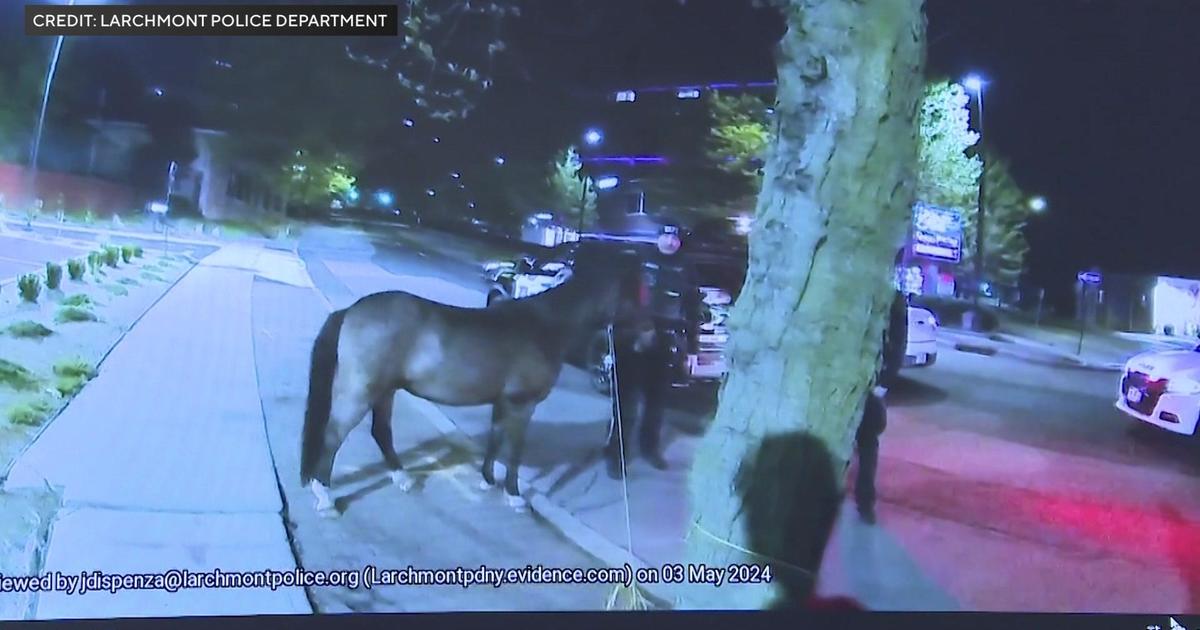New E-mail Scam Tricks Taxpayers By Pretending To Be The IRS
NEW YORK (CBSNewYork) -- A warning for anybody getting ready to file their taxes or who may be waiting for their return. A new e-mail scam is aimed at robbing you of your hard-earned cash.
It is a sophisticated ploy and even the savviest taxpayers are falling for it.
All that it takes is the click of a mouse. Taxpayers are led to believe that they are connecting to the IRS website, but it's really an e-mail from scammers.
Nervous taxpayers may think that if they ignore the e-mail they will be in trouble with the IRS.
"I think if you ignored it you'd be in bigger trouble than if you didn't open it," Barry Friedman of Washington Heights told CBS 2's Kristine Johnson.
But savvy web surfers know better.
"I don't click on anything on the Internet that I don't know about," said Jack Heard.
That's good advice, especially this tax season. The Better Business Bureau is warning taxpayers to be aware of a host of new e-mail scams.
A spokesperson for the Bureau explained that the scam "tries to hook you before you think."
The scam comes in the form of an e-mail saying "you are entitled to a tax refund", it looks like the real thing with the IRS logo and graphics.
The subject line says "IRS Notification Please Read This." The e-mail goes on to say "To access the form for your tax refund please click here."
It's when readers decide to "click here" that the trouble begins.
Once you click the scammers win, they have access to your computer and can infect it with software to steal your information.
The Better Business Bureau told CBS 2 that the phishing scam "goes in there and seeks out your passwords, your bank account information.
It puts the victim in a very vulnerable position.
IRS spokesperson Dianne Besunder says that this latest tax trick preys on fear. Taxpayers are afraid of getting in trouble for ignoring the IRS so they click on the link.
But Besunder says the IRS "never initiates contact with taxpayers through e-mail."
Another scam threatens a $10,000 penalty for failing to file taxes by Jan. 31, even though tax day is usually on April 15. Out of fear people follow the instructions and click on a link in the e-mail.
The IRS says that people should never reply to an "IRS" e-mail, do not open any attachments, and always delete the original message from your computer. They reiterated that the IRS does not send e-mails.
The IRS says to forward any suspicious e-mails to phishing@irs.gov , and that if they need to get in touch with you they will do so via a mailed letter.
Anybody with questions for the IRS can call them at 1-800-829-1040.
Do you have any experience with online scammers or phishers? Let us know in our comments section below...



